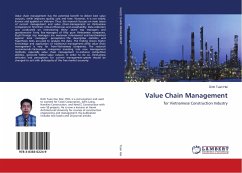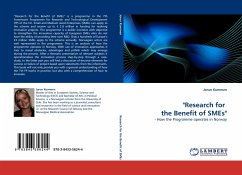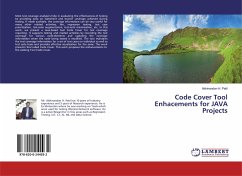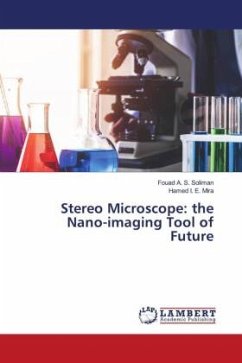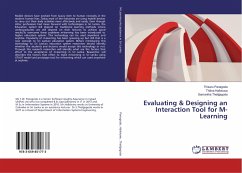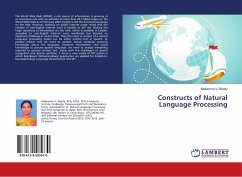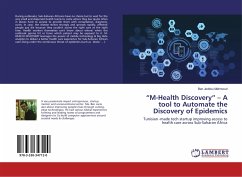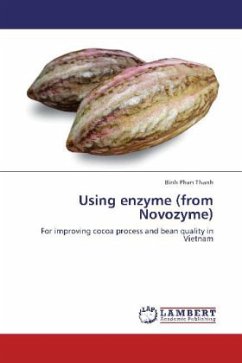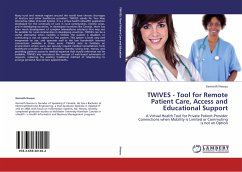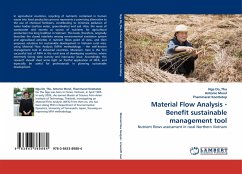
Material Flow Analysis - Benefit sustainable management tool
Nutrient flows assessment in rural Northern Vietnam
Versandkostenfrei!
Versandfertig in 6-10 Tagen
39,99 €
inkl. MwSt.

PAYBACK Punkte
20 °P sammeln!
In agricultural countries, recycling of nutrients contained in human waste into food production process represents a promising alternative to the use of chemical fertilizers, contributing to minimize pollution of water bodies (surface water, groundwater) and soil. Also, the reuse of wastewater and excreta as source of nutrients for agricultural production has long tradition in Vietnam. This book, therefore, originally describes the closed interlinks among environmental sanitation system and agricultural activities in nutrient flows point of view, and then proposes solutions for sustainable dev...
In agricultural countries, recycling of nutrients contained in human waste into food production process represents a promising alternative to the use of chemical fertilizers, contributing to minimize pollution of water bodies (surface water, groundwater) and soil. Also, the reuse of wastewater and excreta as source of nutrients for agricultural production has long tradition in Vietnam. This book, therefore, originally describes the closed interlinks among environmental sanitation system and agricultural activities in nutrient flows point of view, and then proposes solutions for sustainable development in Vietnam rural area, using Material Flow Analysis (MFA) methodology the well-known management tool in industrial countries. Moreover, here is the first successful test of MFA in the rural area of developing countries, where extremely facing data scarcity and inaccuracy issue. Accordingly, this research should shed some light on fruitful application of MFA, and especially be usefulfor professionals in planning sustainable development.



